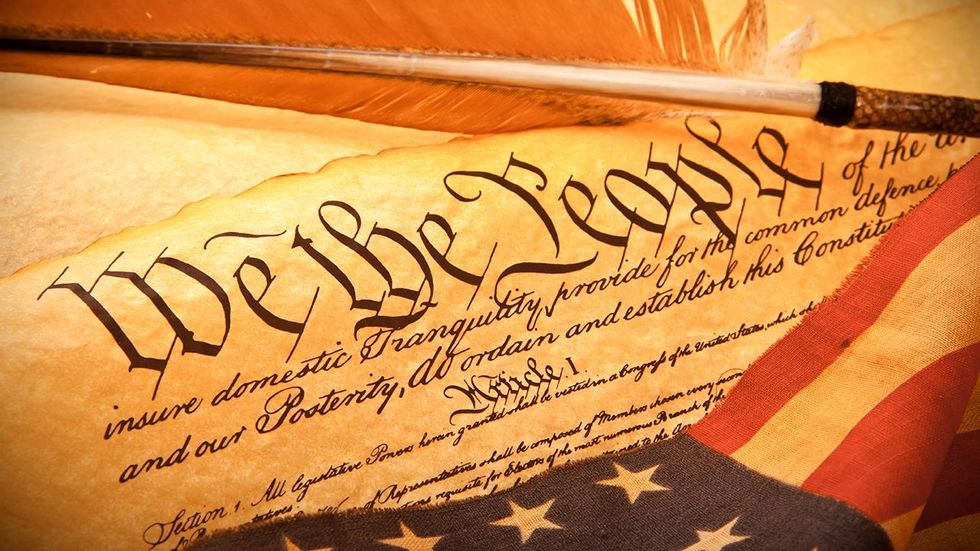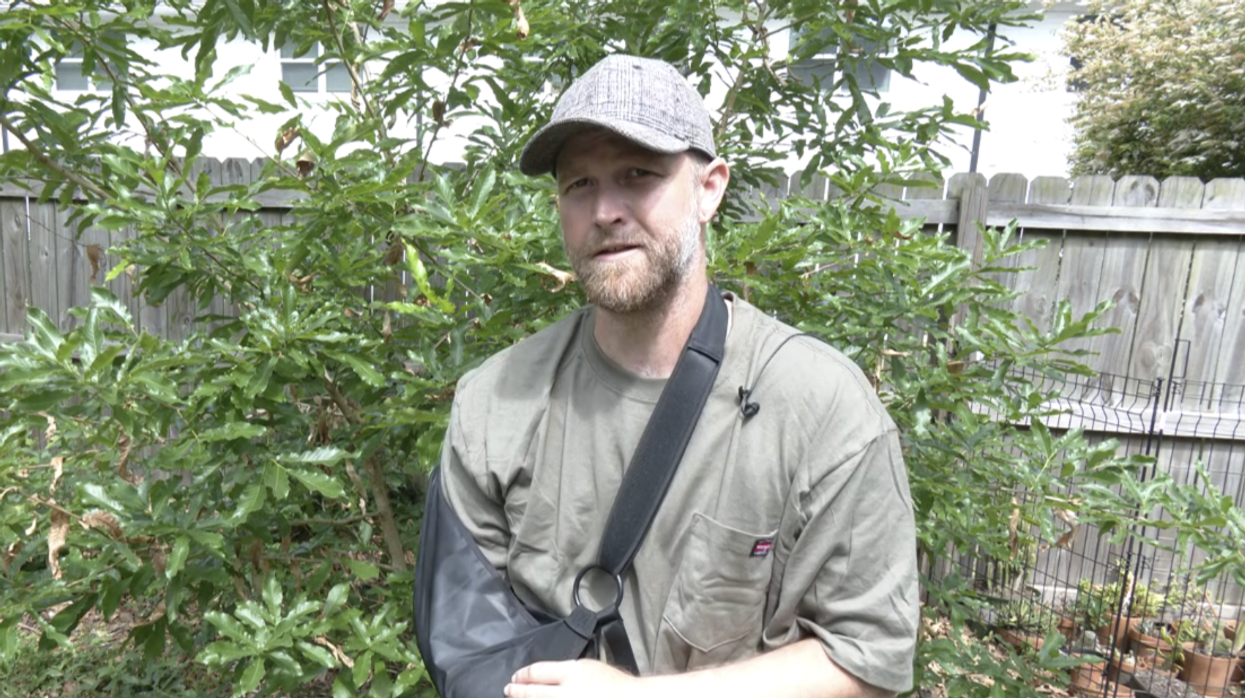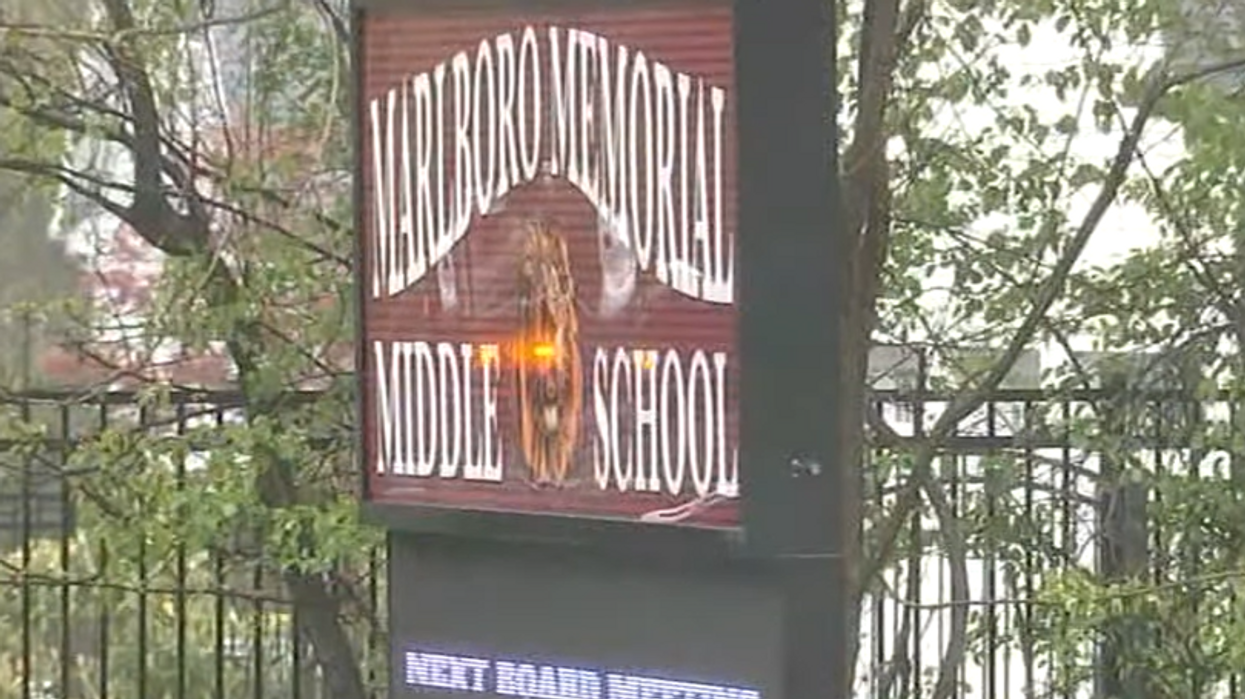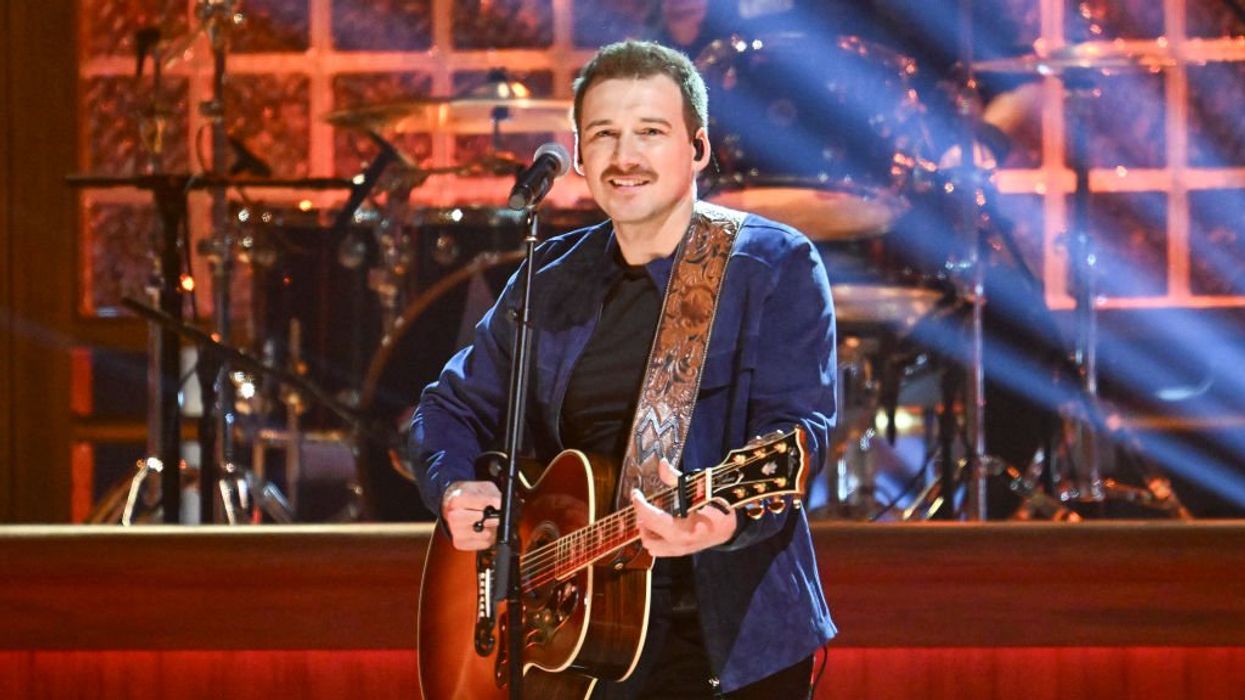Colleges should limit "hateful rhetoric" on campus, according to Richard Walker, a University of Central Florida sophomore and member of the Knights for Socialism.
“The university’s first responsibility is ensuring the safety and well-being of their students,” Walker, 19, told the Orlando Sentinel. “It might be just words now, but if you let that sort of thing come into the public discourse and become widely accepted, it doesn’t stay words.”
Walker said he believes colleges should ban speech viewed as racist or defamatory, a concept that concerns First Amendment advocates, the report said. The problem lies in getting everyone to agree on what is truly "hate speech," advocates said.
Generally, the First Amendment protects free speech except for statements that are slurs or epithets likely to cause a violent reaction, the report noted.
“I’m very disconcerted about how very uninformed — frankly dangerously uninformed — many college students are about the First Amendment,” Lawrence Walters, a Longwood, Florida,-based attorney who focuses on First Amendment issues, told the paper.
What have other students said?
A recent study by the Brookings Institute, a nonprofit that is sometimes referred to as "the think tank for the establishment," surveyed 1,500 students about free speech and found some troubling results.
Almost 20 percent of students said "using violence is an acceptable means to stop such speech," the survey found. Additionally, 53 percent of students (they were 61 percent Democrat and 47 percent Republican) said colleges and universities should "prohibit offensive speech."
Some students point out, however, that limiting free speech can be abused or enforced unfairly.
"If you’re going to insulate people in college from offensive speech, how are they going to survive the real world?” UCF junior Alexander Zimmerman, 21, of Miami, told the Orlando Sentinel. Zimmerman added that people have spit at him and threatened him simply because he supports President Donald Trump.
Why is this an issue now in Florida?
The issue of free speech on campus is gaining traction in Florida because of recent nationwide protests that turned violent, and because of lawmakers are trying to expand free speech on campuses. The University of Central Florida has free speech zones, but those are reserved for outside groups, not students and faculty, the report said.




